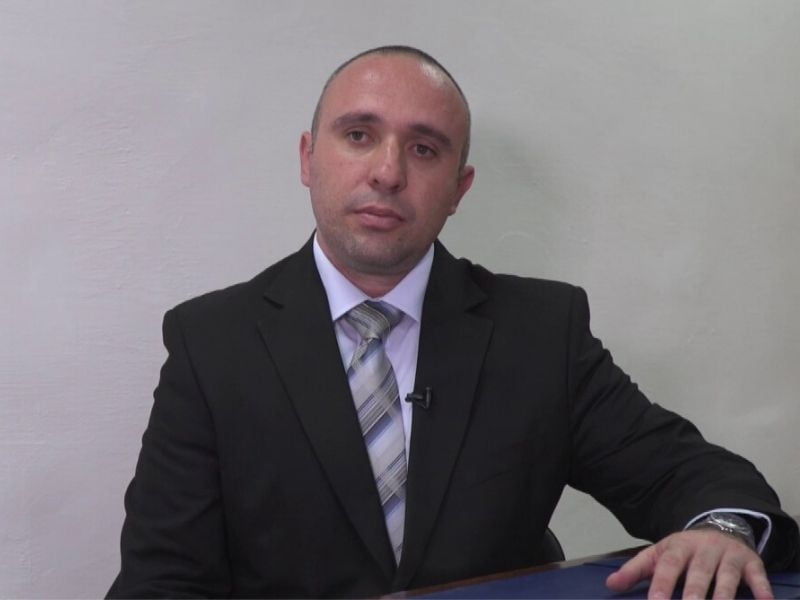The huge lack of resources and the problems of an understaffed police force were highlighted in the testimony of the lead investigator of the murder of journalist Daphne Caruana Galizia, who told a board of public inquiry that, at one point, he investigated 10 murders in one year.
Up until 2017, Arnaud was the only inspector in the Criminal Investigations Department that focused on homicides. He had a constable and sergeant in his team, he told the three judges who are overseeing the public inquiry that is looking into whether Caruana Galizia’s death could have been avoided.
In his testimony, he gave a picture of the state of the Maltese police force at a time when there was an alarming number of cases of car bombs that had become a cause for concern.
He realised that he could not continue running the homicide department as a one-man show and spoke to Silvio Valletta, then assistant commissioner. Eventually, in 2017 inspector Kurt Zahra joined the homicide squad and, after Caruana Galizia’s murder, inspector James Grech was added to the team.
Arnaud said he was off duty on the day of the murder – October 16, 2017. “After the explosion, I got in touch with Zahra who had been in office only for a few months and then asked the Assistant Police Commissioner whether he wanted me to come in.”
Valletta, who was Arnaud’s superior at the time, and Zahra were already at the scene before he arrived on site. “We split our roles. Zahra worked on the crime scene and I coordinated with the foreign police, FBI and Europol to see what they needed”.
The Netherlands Forensic Institute flew over the following day. “We agreed not to touch the crime scene until they arrived”.
At the time of the murder, the police were in the process of implementing one comprehensive database that would collate the reports and cases belonging to the different police departments. This started after a bomb exploded in the car of Romeo Bone as he was driving in Msida.
The board asked him whether he attended any meetings at Castille. Arnaud said it was not normal but pointed out that “there never was an investigation like this”. He attended two meetings at Castille towards the end of November 2017 after Valletta asked him to sit in.
“We had confirmed that the bomb was activated by a sim card and identified the phones used to communicate between them. The FBI was instrumental in identifying this.”
He was asked who attended these meetings, “Valletta, not sure if the Brigadier was there, Prime Minister, Keith Schembri and possibly Kurt Farrugia (the government’s head of communications at the time) was also there”.
In a separate meeting with the police, army and Malta Security Services, they coordinated the time and date of the planned arrests of the suspects. More than 100 people were involved in the operation.
When asked about the motive, Arnaud explained that, in the beginning, they focused on where the evidence was leading the investigators.
By 2018, the name of Melvin Theuma – the middleman who was granted a presidential pardon -started to be mentioned in the investigations. However, he did not go in further detail as explained during the part of his testimony held behind closed doors.
The inquiry continues on Friday.












